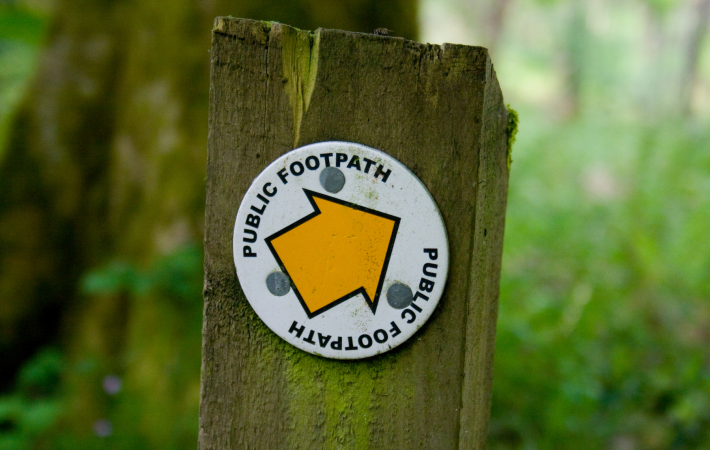
Right of ways cause numerous disputes between neighbouring landowners and users of shared rights of way. A particular cause of conflict is the intensity of use and if this suddenly increases.
In the recent case of Bucknell v Alchemy Estates (Holywell) Ltd [2023] the High Court had to consider whether the construction and occupation of two houses on a farmyard would result in the excessive use of a shared drive and interfere with other user’s use of the way.
A side note to this case is that the two houses when built would have the benefit of the right of way, however, this is not always the case. Consideration must be given to any kind of development which would have to be accessed by a right of way.
At a previous hearing in 2021, the court had granted an interim injunction to stop the use of the driveway. However, at a contested trial in 2023, that decision went the other way and the court found in favour of the farmyard owner. The court concluded that the construction traffic and the traffic generated by the two houses would not interfere with nor restrict the use and enjoyment of the way by the other users and therefore did not cause a nuisance.
The court’s decision, in this case, demonstrates that not all changes in the amount of use of a right of way will be objectionable or an unreasonable interference, even where it involves building and redevelopment works. The court will also consider, particularly when it comes to construction traffic, the duration of use and not simply the frequency.
The Bucknell v Alchemy Estates decision, along with the previous court decisions on similar issues, also shows that every case will be judged on its own facts and circumstances, and it would appear to be of little use to rely heavily on previous decisions. It also demonstrates that the Court will require expert evidence including traffic management expert reports and if necessary, engineering expert reports to reach a decision.
In the Bucknell v Alchemy Estates case, it would appear that the proposed two new houses would enjoy the benefit of the right of way automatically, but this is not always the case.
If you are in a situation where you believe an increase in the use of a right of way is causing an interference with your use of a right of way, it is important to gather as much evidence as possible including by how much the use has increased and how this is interfering with your use.
Get in touch with our legal team for further advice.

Contact David to discuss this further.